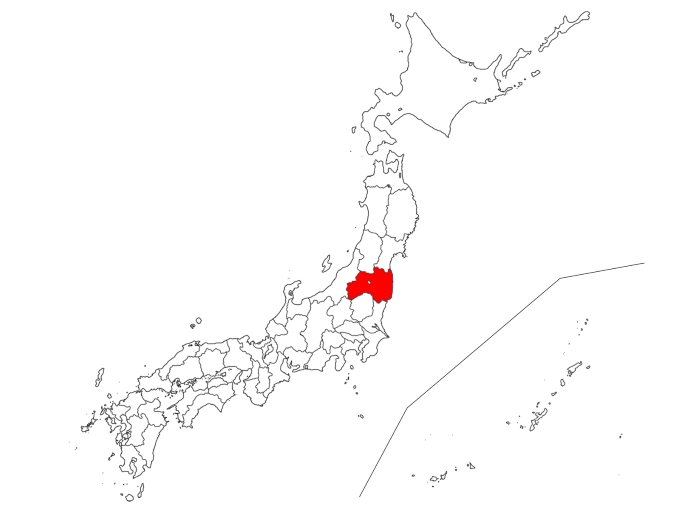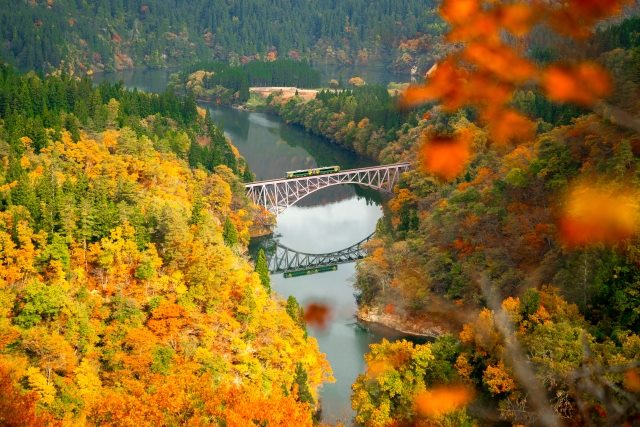1.Basic Information
The Aizu region of Fukushima Prefecture offers a variety of attractions. In Aizuwakamatsu City, you can feel the deep history at Tsuruga Castle, while Lake Inawashiro and Mount Bandai let you experience the grandeur of nature. Also, by riding the steam locomotive on the Tadami Line, you can enjoy a scenic train journey.
Tsuruga Castle (Turugashiro)
Built about 630 years ago, Tsuruga Castle is a historic and famous castle. It became well-known for the fierce battle that took place here during the Boshin War between the old government’s shogunate forces and the new Meiji government forces. In 2011, its roof was reconstructed with red tiles, making it the only castle tower in Japan with a red-tiled roof. It’s also renowned for its cherry blossoms in spring and autumn foliage.
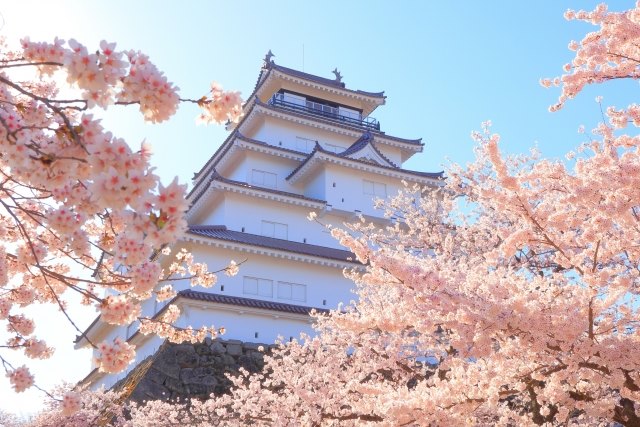
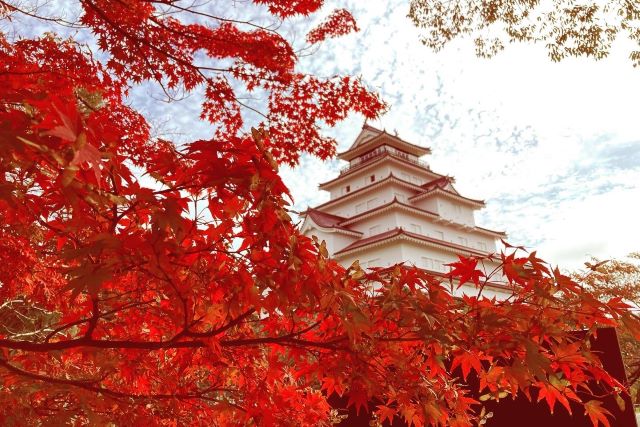
Aizu Sazaedo (Aidu sazaedou)
Built in 1796 on Iimori Mountain in Aizuwakamatsu City, Fukushima Prefecture, Aizu Sazaedo is a unique hexagonal three-story building that stands 16.5m tall. It houses 33 Kannon statues, and visitors can worship at all 33 in one visit. The temple’s unique double helix ramp structure ensures that visitors can worship without passing each other.
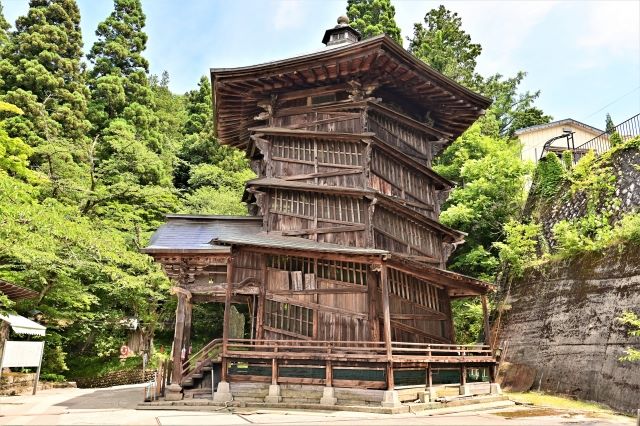
Lake Inawashiro and Mount Bandai (Inawashiroko to Aidubandaisan)
Located to the south of Mount Bandai, Lake Inawashiro is the fourth-largest lake in Japan and is known for its clear waters. Mount Bandai has experienced two major collapses, with the collapse 50,000 years ago believed to have created Lake Inawashiro. Okinajima Island, situated in the lake, is thought to have formed as a result of this collapse.
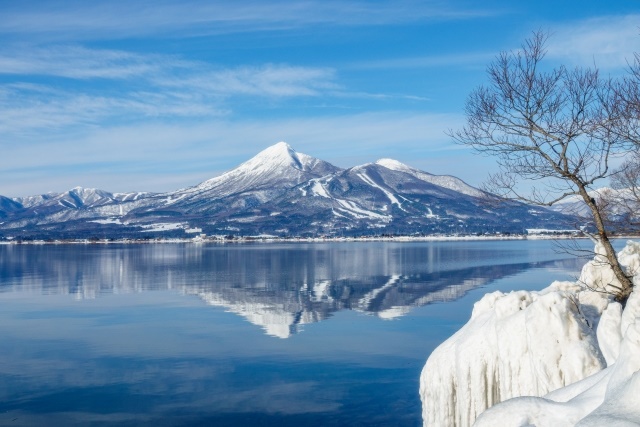
Goshikinuma (Five Colored Ponds)
Following the collapse of Mount Bandai in 1888, several lakes and marshes were formed, among which the “Goshikinuma” stands out. Recognized by the Michelin Green Guide with one star, Goshikinuma consists of ponds of various colors, and the surrounding area of Mount Bandai is abundant with magnificent scenery and hot springs.
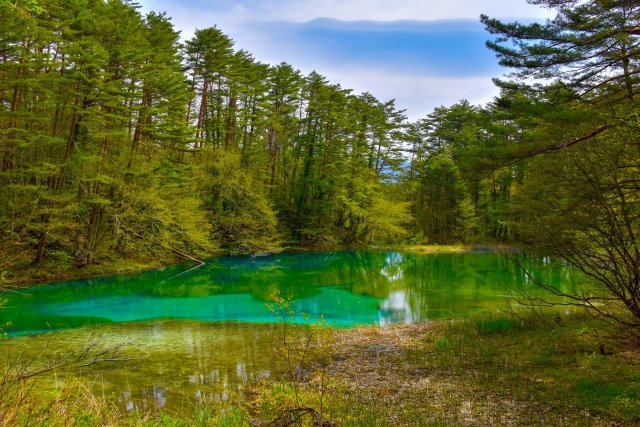
Tadami Line (Tadamisen)
The pass between Tadami Station and Obinata Station on the Tadami Line, connecting Fukushima and Niigata Prefectures, was opened in 1971. The line offers breathtaking views of lakes and World Heritage-class beech forests, making it a popular spot for railway photography.
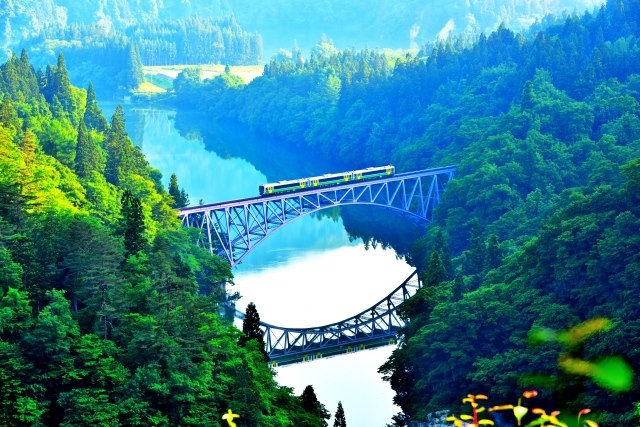
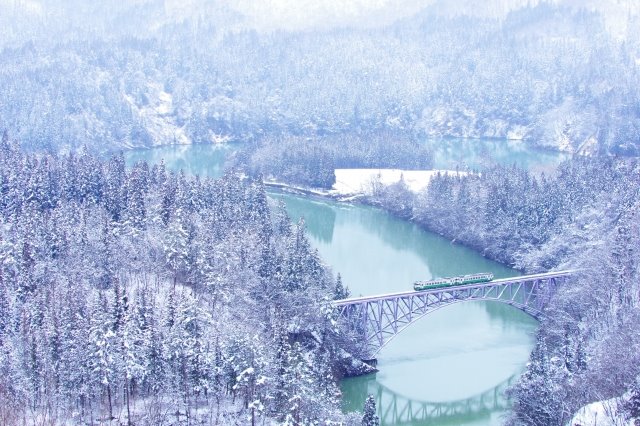
Rokujyurigoe Pass (Rokujyurigoe)
Named after its historic length, the Rokujyurigoe Pass connects Niigata and Fukushima Prefectures via National Route 252. The pass is beautiful in spring with mountain cherry blossoms and in autumn with colorful leaves. The nearby Tadami Line, a scenic local rail route, enhances the driving experience.
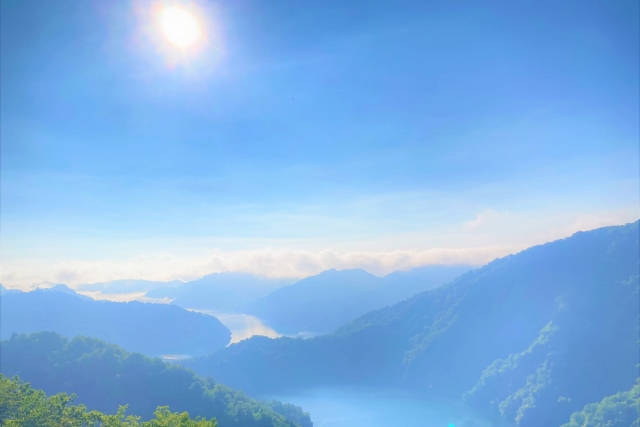
2.Reviews
SL Ban’etsu Monogatari (Steam Locomotive Ban’etsu Tale)
The “SL Ban’etsu Monogatari” is a special steam locomotive service that runs between Niitsu Station and Aizuwakamatsu Station. It is the longest steam-operated train in Japan with eight carriages.
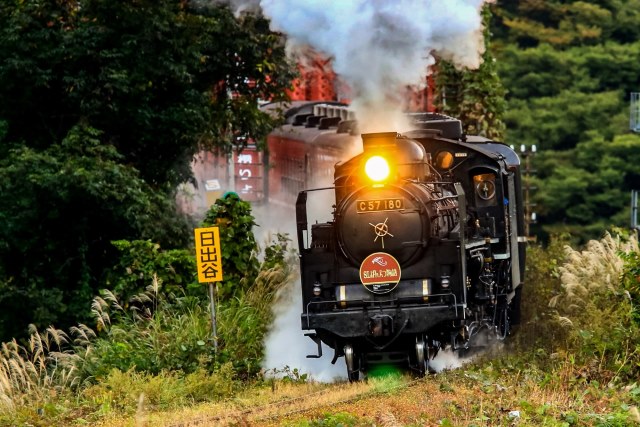
Taishi Village (Taishisyuuraku)
The “Taishi Village” and “Kaneyama Friendship Plaza” along the Tadami River are popular photography spots for the Tadami Line. The view from Shirihuki Pass is particularly recommended. Since there are few Tadami Line trains, plan your trip in advance.
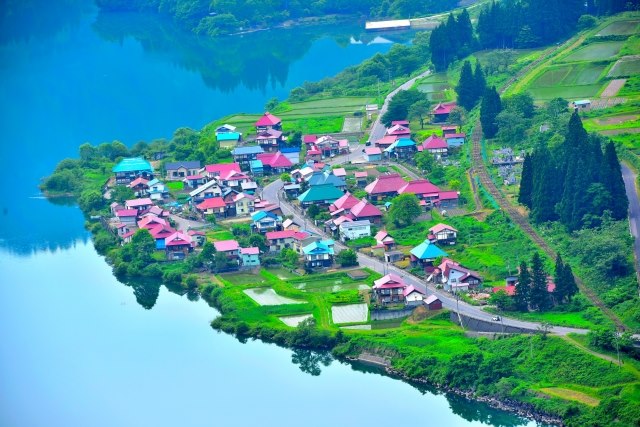
3.Local Food



4.Transportation Information
■How to get to Aizu
Fukushima Prefecture Tourism Revival Promotion Committee Official Site (Available in multiple languages)
https://www.tif.ne.jp/jp/first.html#access
■Information on SL Banetsu Monogatari (Steam Locomotive)
JR East (Available in multiple languages)
https://www.jreast.co.jp/railway/joyful/c57.html
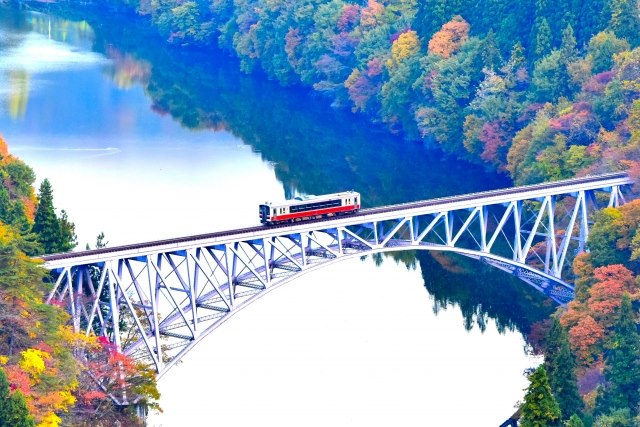
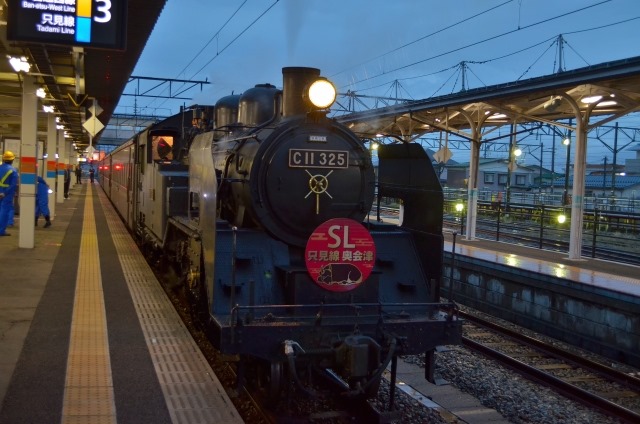
5.Map Information
The Aizu region is located in the western part of Fukushima Prefecture, surrounded by the Echigo and Ou mountain ranges. In winter, there is a lot of snow, making skiing popular, while in summer, the high temperatures make the highlands and Lake Inawashiro popular for leisure activities. The main crops are rice and buckwheat, with areas like Kitakata City and Inawashiro being particularly well-known for their buckwheat.
